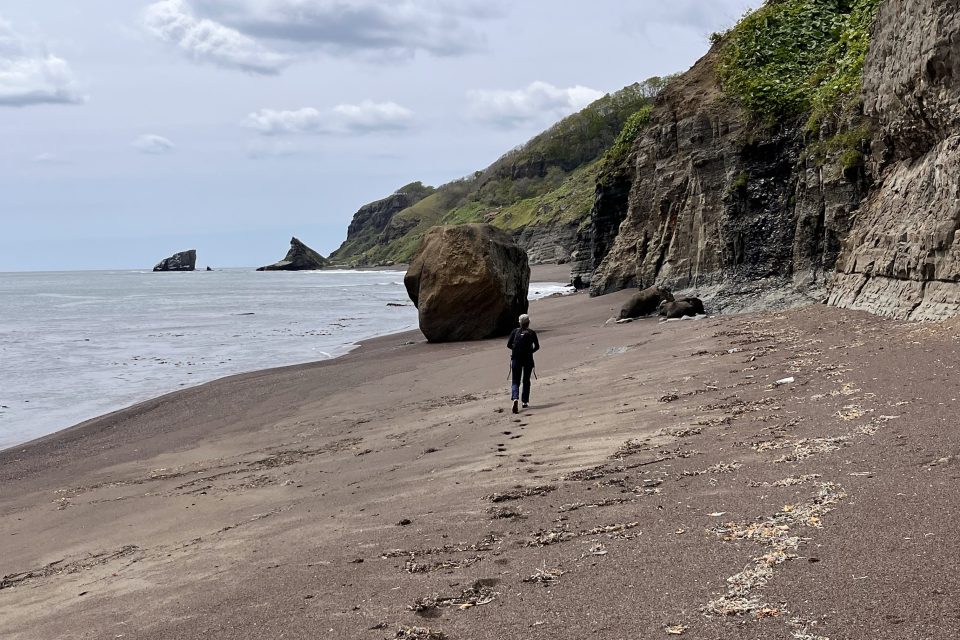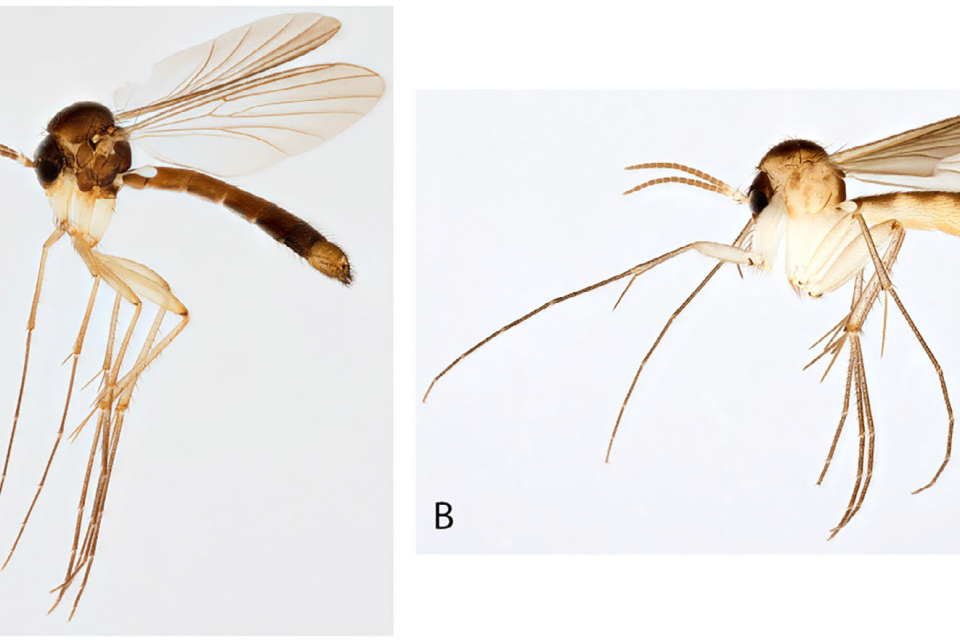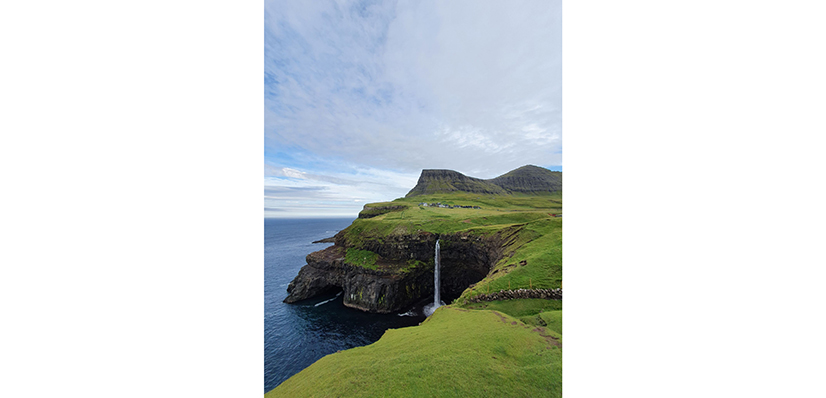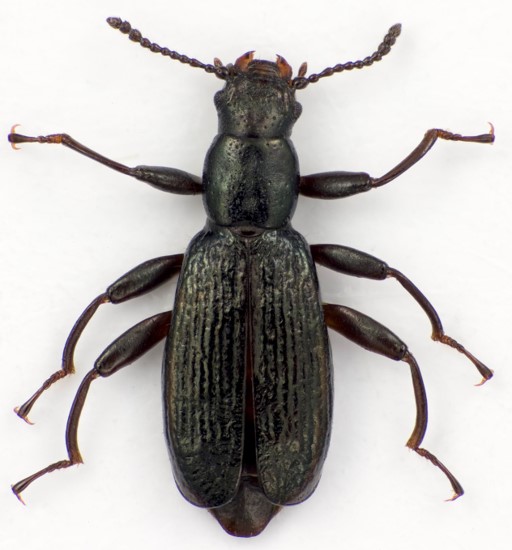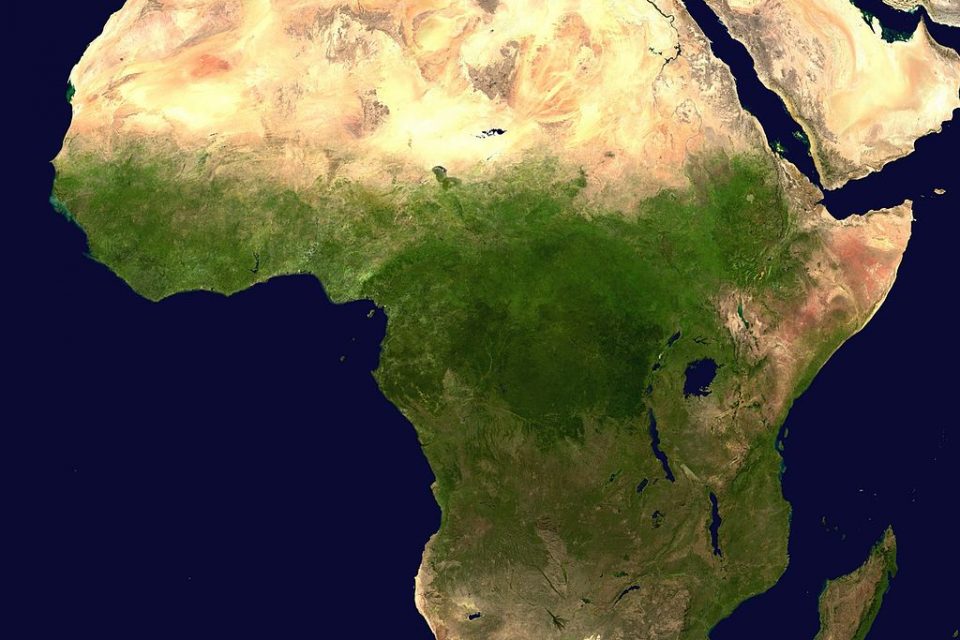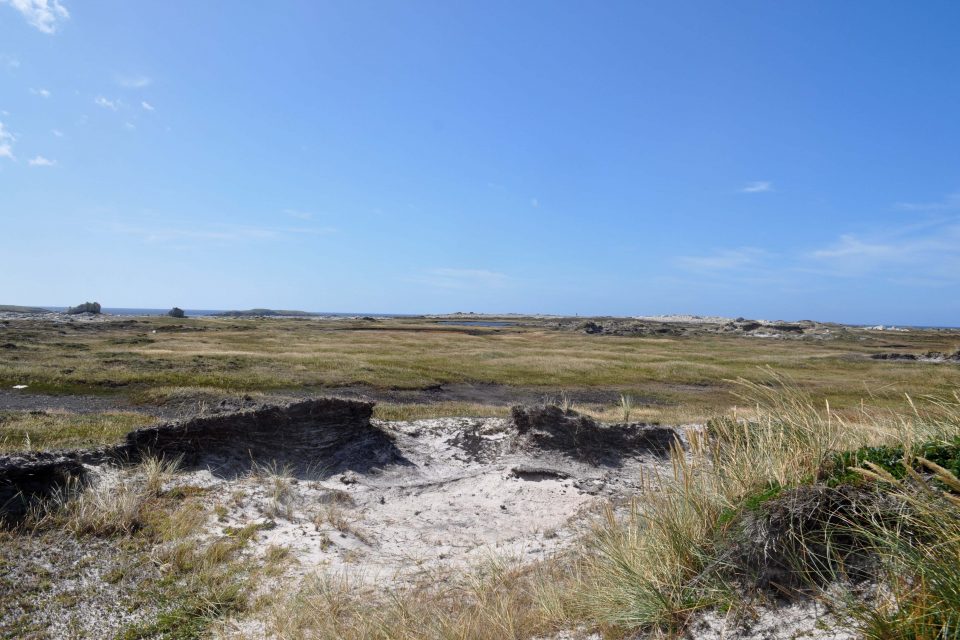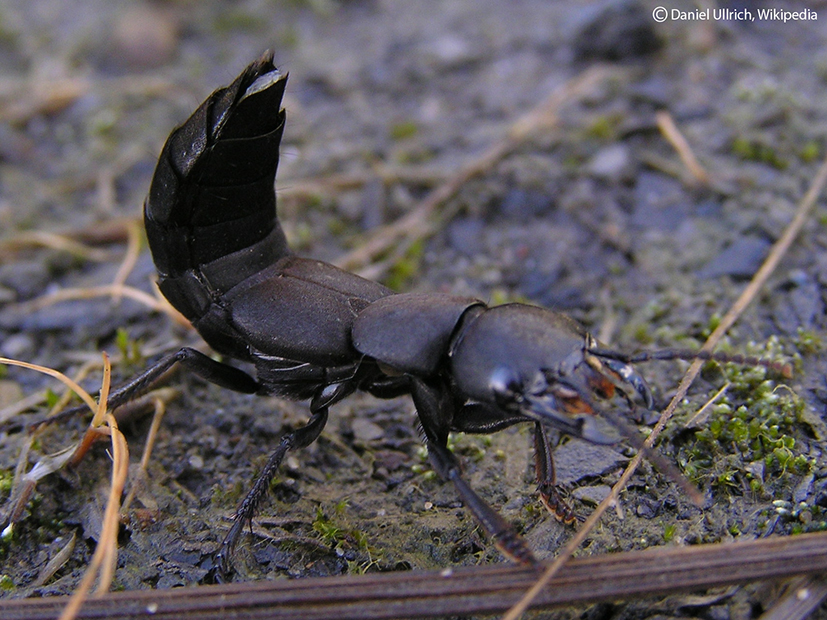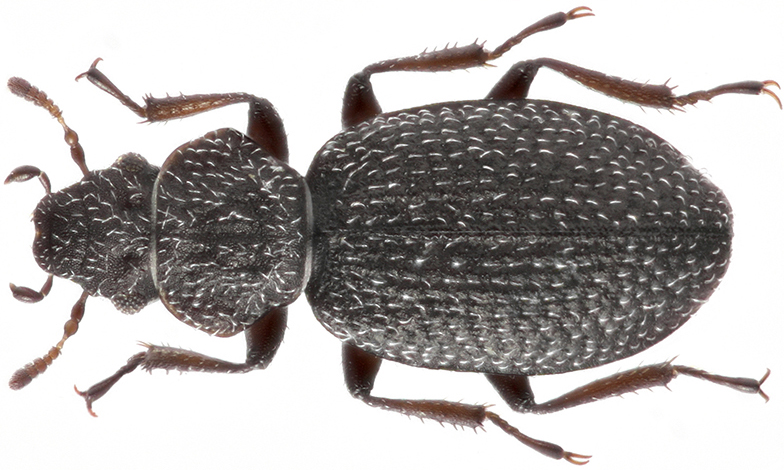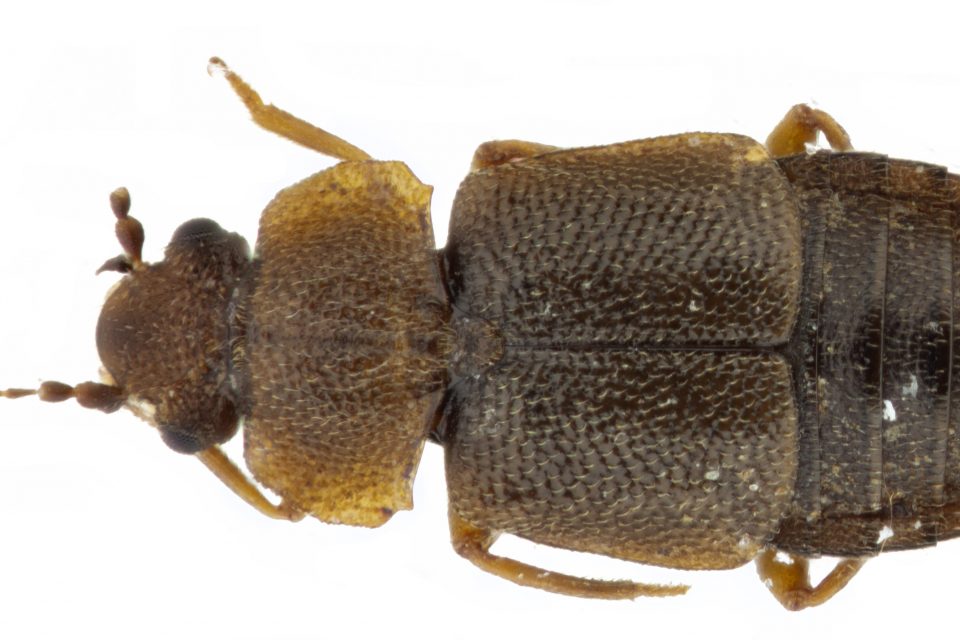
Door 16: Megarthrus of Mt. Cameroon and the Linnean Shortfall
Given this years theme of biodiversity, climate and conservation, I have decided to showcase a small part of my own MSc project for the advent calendar this year. As mentioned in a couple of the previous posts of the calendar, biodiversity is undergoing a crisis comparable only to […]
